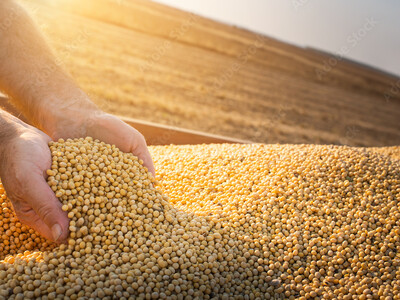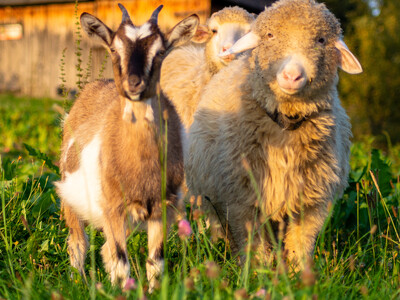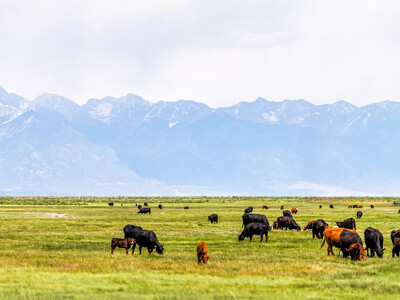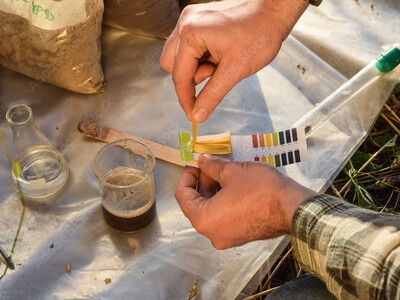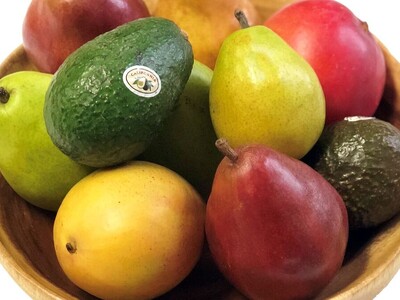Chinese seeds 2
A few weeks ago thousands of people in the U.S., Europe, Australia, New Zealand, Canada went into their mailboxes and they found seeds, seeds they didn't order, seeds seemingly shipped to them from China. Those so-called mystery seeds have stirred up a lot of media interest and a lot of concerns too. “The main concern is the potential for these seeds to introduce pests and diseases that could be harmful to U.S. agriculture and the environment.”That's Osama El-Lissy with USDA's Animal and Plant Health Inspection Service. The situation has generated quite a few questions, of course, who in China has been sending these packets of seeds? And are these seeds themselves possible invasive plants or weeds? Well, on that last question, Osama El-Lissy says USDA botanists and other experts have been checking these seeds. And have they found anything ominous? “No, we have not really.” But he says they've only been able to check a small percentage of the thousands and thousands of seed packets that have been delivered.
Meanwhile, he says USDA officials are working with their counterparts in China…. “to figure out who's actually sending those shipments and more importantly, stop future shipments.” USDA is also working with customs and border officials in the U.S. to try to…. “intercept any future packages being shipped to the United States.”
Meanwhile, plant experts around the country echoing what federal officials have been saying during this situation to those who have gotten these seed packets, under no circumstances should anyone be planting the seeds. For good reasons, according to Jacob Barney, an invasive plant expert at Virginia Tech. First, if the seeds are unidentified, indeed,… “it's possible it could be poisonous to humans, pets or livestock.” Or also they may have diseases, pests or pathogens that we don't have the United States. And it's possible those seeds could be vectoring in those packages.”
So far, they haven't found any terrible problems with the seeds, but experts are only beginning their checks of these packets. Osama El-Lissy with USDA's Animal and Plant Health Inspection Service says if you've gotten one of these packets of mystery seeds, seal up the packet, go online to APHIS.USDA.gov. On that site, you'll find out how to report getting the seeds. You'll find a list of locations by state where you should send the seeds.It's important that we do that so our partners and pathologists can evaluate them to make sure those seeds aren't somehow harmful.




